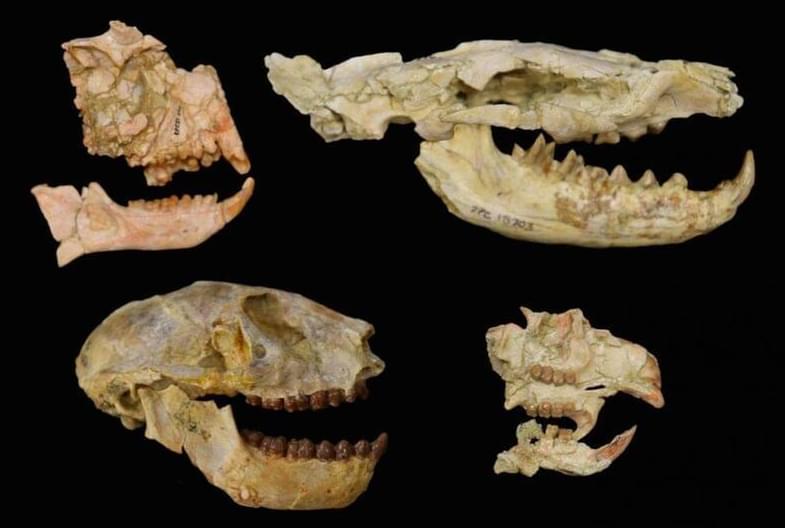“To slow the ongoing loss of animal and plant life in the United States, President Biden signed an executive order in January 2,021 stating his administration’s goal to conserve 30% of U.S. lands and water by 2030. This bold, science-based initiative – America the Beautiful – is the first ever nationwide conservation effort to address both climate change and biodiversity loss.” https://www.futuretimeline.net/images/robot-future-timeline.jpg
The U.S. Fish and Wildlife Service (USFWS) has declared 23 species extinct, due to a combination of development, invasive species, logging and pollution.
The agency is recommending that the species be removed from the Endangered Species Act (ESA), the primary law in the United States for protecting and recovering imperilled organisms and the ecosystems they depend on. For the animals proposed for delisting, the protections of the ESA came too late.
These extinctions highlight the importance of the ESA and efforts to conserve species before declines become irreversible. The circumstances of each also underscore how human activity can drive population decline and ultimately extinction, by contributing to habitat loss, overuse and the introduction of invasive species and diseases. The growing impacts of climate change are anticipated to further exacerbate these threats and their interactions.



